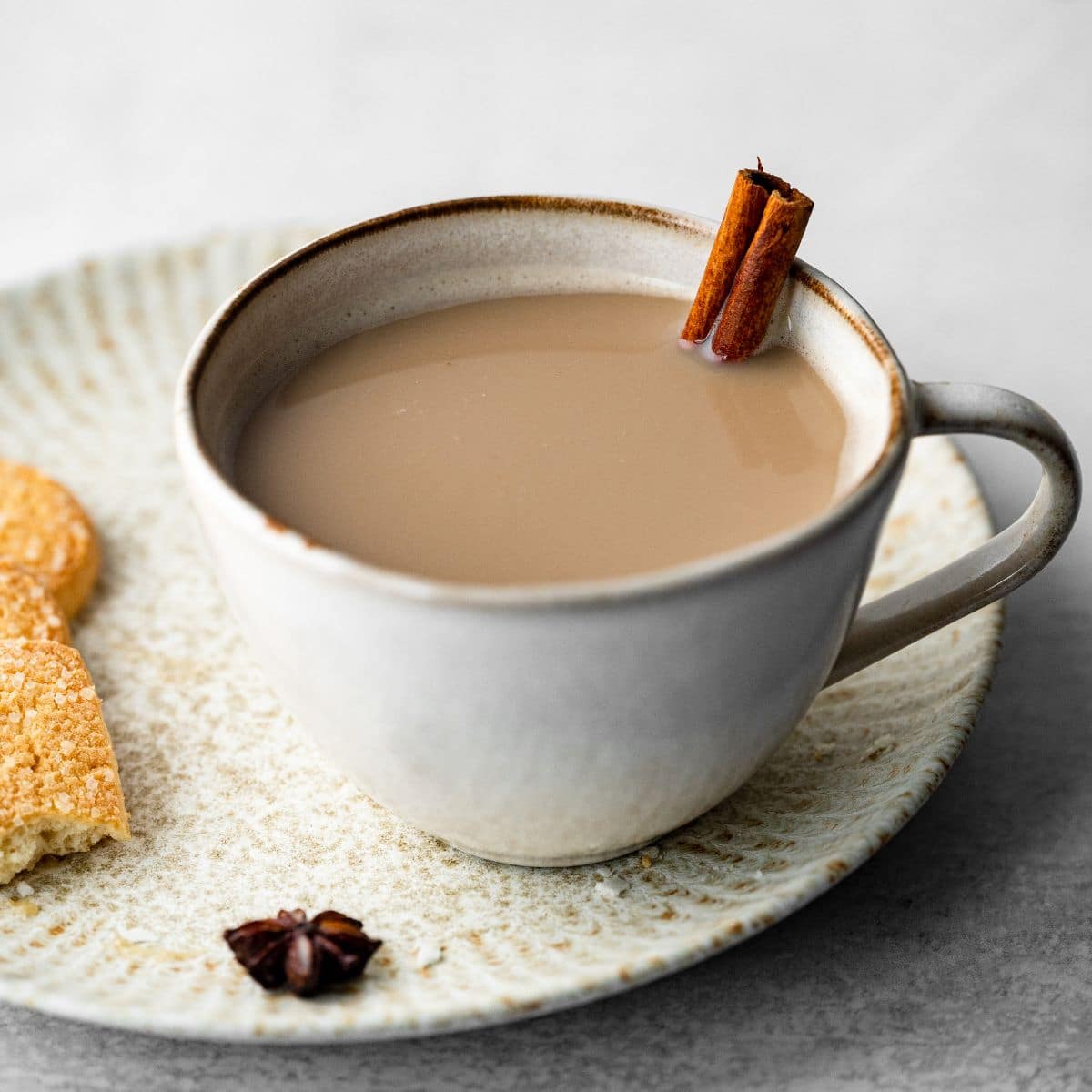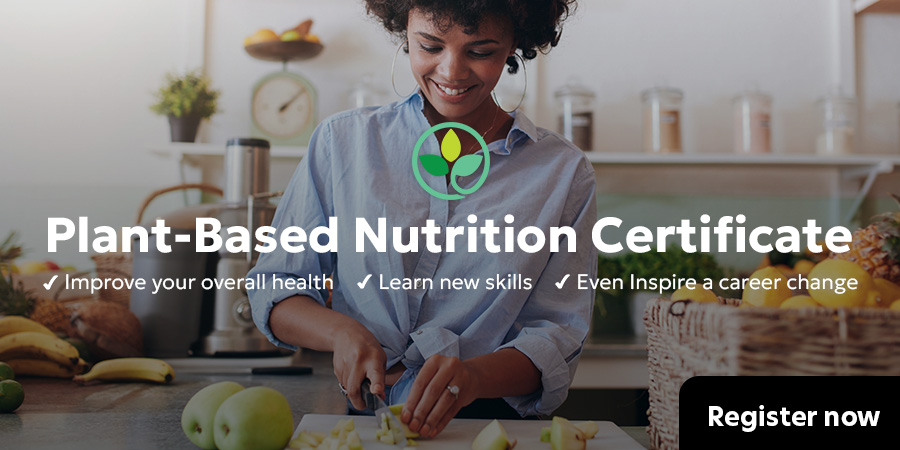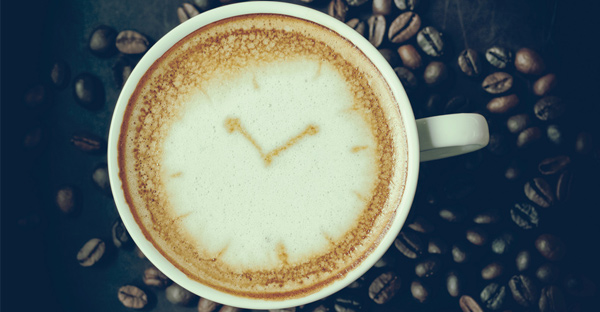

Caffeine is the most widely consumed psychoactive substance worldwide.[1] It is a stimulant that operates on the same parts of the brain as cocaine, though not in the same way or to the same degree. Distilled to its purest form, the white, bitter powder even resembles cocaine, which might be why some drug distributors have reportedly cut their cocaine with caffeine.[2] Not only does this save them money, but it also increases their profits because cocaine mixed with caffeine is more addictive than straight cocaine.
But that’s pretty much where the comparison ends. Although people often report withdrawal symptoms and a cycle of dependency can develop, caffeine is not, strictly speaking, dangerous.[1] At least not directly. It’s possible to overdose on caffeine, but very unlikely to happen from drinking common sources, especially brewed coffee or tea.[3] It would take an extreme measurement error to overdose, as in a case a couple of years ago when a personal trainer in Wales accidentally consumed the equivalent of 200 cups of coffee.[4]
But what about a cup or two of coffee in the morning, an afternoon chai latte, or even the occasional energy drink? What effects do these have on your health? Should they be avoided altogether?
A Brief Natural History
More than 60 species of known plants contain caffeine, with coffee, tea, and cocoa being the most common sources.[5] In species of Coffea and Citrus, caffeine naturally occurring in the plant’s nectar enhances pollinators’ memory of reward, thereby increasing the likelihood of reproductive success.[6] It can also serve as a defense mechanism against herbivorous animals.
Humans and their evolutionary ancestors have been interacting with caffeine-producing plants for more than 100,000 years, perhaps much longer. Anthropologists speculate that the prehistoric Homo erectus species discovered tea in the wild forests of modern-day Yunnan Province (southwest China):
Once these prehistoric humans learned the skills of fire building, they gained warmth and protection from the elements, and soon they acquired the ability to cook meat and boil water [. . .] Most likely along the way they experimented with adding tea leaves and other forest barks and leaves to the boiling water, which was stewed into various strong, bitter, and invigorating concoctions [. . .] By the time of the Shang dynasty (1766–1050 BC), tea was being consumed in Yunnan Province for its medicinal properties.[7]
By comparison, coffee drinking is a much newer discovery, dating to the late 15th century and early 16th century in Constantinople, Mecca, and Cairo.[8] There is evidence of the fruit being eaten in Ethiopia earlier than that, but “we have no idea who decided to take the seed of the fruit, roast it, grind it to a powder, steep that powder in hot water and drink the resulting concoction.” Similarly, the caffeine-containing kola nut has been consumed for many centuries in West African cultures,[9] as has yerba mate in South America.
Today, as many as 85 percent of Americans consume caffeine daily,[10][11] most frequently from coffee but also soda and tea; worldwide, 90 percent of adults consume caffeine.[12]

Are There Benefits of Caffeine Ingestion?
So, we know caffeine is a plant-based substance. But does it have a place in a whole food, plant-based (WFPB) diet?
Many people will tell you it’s healthy, and the evidence to support that view is not insignificant. A meta-analysis of cohort studies on coffee consumption found it “may reduce the total cancer incidence and it also has an inverse association with some types of cancers.[13] Likewise, many studies over the past several decades have shown the positive effects of drinking caffeinated tea, especially green tea, which has “anticarcinogenic, anti-inflammatory, antimicrobial, and antioxidant properties, and benefits in cardiovascular disease and oral health.”[14]
In a literature review published in Nutrition more than ten years ago, Dr. Michael Glade described caffeine as more than just a stimulant and advocated for moving beyond the “stigma associated with caffeine by the medical community.”[15] With more than 100 references, the article describes caffeine’s numerous benefits for physical, cognitive, and mental health—everything from quicker reactions to enhanced neuromuscular coordination to decreased perceived effort.
This final benefit—decreased perceived effort—explains why caffeine is so widely used by elite athletes in every sport.[16] So significant are the ergogenic (performance-enhancing) effects of caffeine that from 1984–2004 it was on the banned substances list.
But we should beware of exaggerating the benefits of individual nutrients, foods, or beverages. It’s important to remember that broad dietary lifestyle habits play a much greater role in determining health outcomes than any single item or nutritional component. With caffeine, we need to consider how we are consuming it. There are significant differences between an eight-ounce cup of green tea, a coffee prepared with milk and chocolate syrup, and a jumbo-size soda. That an energy drink can temporarily enhance coordination and quicken reaction times does not make it a healthy choice.
As a general rule, if we’re going to consume caffeinated products, they are likely to be healthiest when consumed as close as possible to the natural state of the whole plant and with as few adulterants as possible.

Other Considerations
In addition to considering the source of the caffeine and the additional products we consume with it, there are a few other well-known concerns to be mindful of, especially when consuming larger doses of caffeine. Anxiety and nervousness are common side effects matched by physical symptoms of jitteriness and rapid breathing.[17] Caffeine can also be habit-forming, and cessation can produce numerous withdrawal symptoms, some of which have been reported in the medical literature going back almost 200 years: “headache, fatigue, decreased energy/activeness, decreased alertness, drowsiness, decreased contentedness, depressed mood, difficulty concentrating, irritability, and foggy/not clearheaded. In addition, flu-like symptoms, nausea/vomiting, and muscle pain/stiffness.”[18] (You’ll likely notice that many of these withdrawal symptoms are directly opposite the purported benefits of caffeine consumption.)
Additionally, caffeine can impair sleep quality or quantity, particularly in more sensitive individuals. In a review of epidemiological studies and randomized controlled trials, researchers found that caffeine:
- Increased sleep latency (the time it takes for a person to fall asleep),
- Reduced total time and efficiency of sleep,
- Negatively impacted perceptions of sleep quality, and
- Reduced slow-wave sleep while increasing wakefulness and arousal.[19]
They point out that metabolic and genetic factors might affect individual responses. Nevertheless, if you’re having trouble sleeping, you might want to reconsider your relationship with caffeine. Even if you don’t struggle to fall asleep, caffeine may be negatively affecting the quality of your sleep. And that’s a major concern for your overall health. (Learn more about the dangers of sleep loss and its relationship to lifestyle.)

Should You Consume Caffeine?
There isn’t an easy answer to this question. As with other substances, our assessment of the associated risks and benefits will largely depend on personal factors, including your broader health goals and the current quantity and quality of your sleep.
It’s also important to remember that nothing we consume is isolated, and the interactions between these substances can produce surprising effects, some of which may be adverse. Caffeine can interact with many prescription medications, for instance, “including antidepressant agents, antipsychotic agents, antimanic agents, antianxiety agents, and sedative agents.”[20] Researchers have observed an interaction between caffeine and some birth control medications,[21] and pregnant women are advised to avoid caffeine intake altogether.[22][23][24]
If you do choose to consume caffeine, how much is too much? According to the Food and Drug Administration, as much as 400 mg/day is safe for adults.[25] That’s about four (eight-ounce) cups of brewed coffee. Children are advised to avoid caffeine entirely, and adolescents are advised to limit it to no more than 100 mg/day.
References
- Daly JW, Holmén J, Fredholm BB. Ar koffein beroendeframkallande? Världens mest nyttjade psykoaktiva substans påverkar samma delar av hjärnan som kokain [Is caffeine addictive? The most widely used psychoactive substance in the world affects same parts of the brain as cocaine]. Lakartidningen. 1998;95(51-52):5878-5883.
- Brookshire B. Caffeine gives cocaine an addictive boost. ScienceNews. November 17, 2015. Accessed June 1, 2023. https://www.sciencenews.org/blog/scicurious/caffeine-gives-cocaine-addictive-boost
- Jones AW. Review of Caffeine-Related Fatalities along with Postmortem Blood Concentrations in 51 Poisoning Deaths. J Anal Toxicol. 2017;41(3):167-172. doi:10.1093/jat/bkx011
- Colwyn Bay man died after 200-cofee caffeine overdose. BBC News. March 1, 2022. Accessed June 1, 2023. https://www.bbc.com/news/uk-wales-60570470
- Caballero B, Finglas P, Toldra F (2015). Encyclopedia of Food and Health. Elsevier Science. p. 561. ISBN 978-0-12-384953-3. Retrieved 1 June 2023.
- Wright GA, Baker DD, Palmer MJ, et al. Caffeine in floral nectar enhances a pollinator’s memory of reward. Science. 2013;339(6124):1202-1204. doi:10.1126/science.1228806
- Heiss ML and Heiss RJ. A brief history of tea; from The Story of Tea. Ten Speed Press (2007).
- Hoffman J. A short history of coffee drinking; from The World Atlas of Coffee, 2nd ed. Octopus Publishing Group Ltd (2018).
- Greenwood V. The little known nut that gave Coca-Cola its name. BBC. September 23, 2016. Accessed June 1, 2023. https://www.bbc.com/future/article/20160922-the-nut-that-helped-to-build-a-global-empire
- Mitchell DC, Knight CA, Hockenberry J, Teplansky R, Hartman TJ. Beverage caffeine intakes in the U.S. Food Chem Toxicol. 2014;63:136-142. doi:10.1016/j.fct.2013.10.042
- The National Institute for Occupational Safety and Health (NIOSH). Caffeine & long work hours. Centers for Disease Control and Prevention (CDC). Accessed June 1, 2023. https://www.cdc.gov/niosh/emres/longhourstraining/caffeine.html
- Bordeaux B, Lieberman HR. Benefits and risks of caffeine and caffeinated beverages. UpToDate. June 22, 2022. Accessed June 1, 2023. https://www.uptodate.com/contents/benefits-and-risks-of-caffeine-and-caffeinated-beverages
- Yu X, Bao Z, Zou J, Dong J. Coffee consumption and risk of cancers: a meta-analysis of cohort studies. BMC Cancer. 2011;11:96. Published 2011 Mar 15. doi:10.1186/1471-2407-11-96
- Reygaert WC. An Update on the Health Benefits of Green Tea. Beverages. 2017; 3(1):6. https://doi.org/10.3390/beverages3010006
- Glade MJ. Caffeine-Not just a stimulant. Nutrition. 2010;26(10):932-938. doi:10.1016/j.nut.2010.08.004
- Guest, N.S., VanDusseldorp, T.A., Nelson, M.T. et al. International society of sports nutrition position stand: caffeine and exercise performance. J Int Soc Sports Nutr 18, 1 (2021). https://doi.org/10.1186/s12970-020-00383-4
- Spritzler F. 9 side effects of too much caffeine. Healthline. August 14, 2017. Accessed June 1, 2023. https://www.healthline.com/nutrition/caffeine-side-effects#TOC_TITLE_HDR_2
- Juliano LM, Griffiths RR. A critical review of caffeine withdrawal: empirical validation of symptoms and signs, incidence, severity, and associated features. Psychopharmacology (Berl). 2004;176(1):1-29. doi:10.1007/s00213-004-2000-x
- Clark I, Landolt HP. Coffee, caffeine, and sleep: A systematic review of epidemiological studies and randomized controlled trials. Sleep Med Rev. 2017;31:70-78. doi:10.1016/j.smrv.2016.01.006
- Broderick PJ, Benjamin AB, Dennis LW. Caffeine and psychiatric medication interactions: a review. J Okla State Med Assoc. 2005;98(8):380-384.
- Patwardhan RV, Desmond PV, Johnson RF, Schenker S. Impaired elimination of caffeine by oral contraceptive steroids. J Lab Clin Med. 1980;95(4):603-608.
- James JE. Maternal caffeine consumption and pregnancy outcomes: a narrative review with implications for advice to mothers and mothers-to-be. BMJ Evid Based Med. 2021;26(3):114-115. doi:10.1136/bmjebm-2020-111432
- Qian J, Chen Q, Ward SM, Duan E, Zhang Y. Impacts of Caffeine during Pregnancy. Trends Endocrinol Metab. 2020;31(3):218-227. doi:10.1016/j.tem.2019.11.004
- American Pregnancy Association. Foods to avoid when pregnant. Accessed June 1, 2023. https://americanpregnancy.org/healthy-pregnancy/pregnancy-health-wellness/foods-to-avoid-during-pregnancy/
- Harvard T.H. Chan School of Public Health. Caffeine. The Nutrition Source. Accessed June 1, 2023. https://www.hsph.harvard.edu/nutritionsource/caffeine/
Copyright 2024 Center for Nutrition Studies. All rights reserved.
Earn Your Plant-Based Nutrition Certificate
Join over 20,000 students who have improved their health, learned new skills, and even inspired career changes.
Program Overview
- 23,000+ students
- 100% online, learn at your own pace
- No prerequisites
- Continuing education credits




